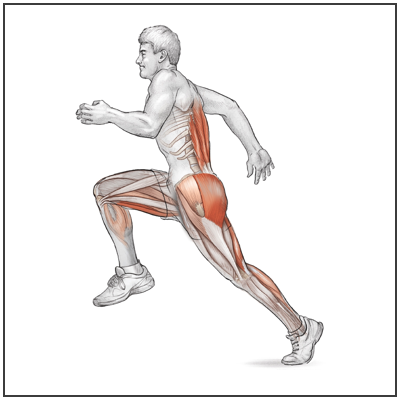It is one of the more infuriating and counter intuitive aspects of run training, the reality that slowing our run pace down feels so much harder than we imagine. It just shouldn’t be the case should it, yet I am guessing that you too have experienced this phenomena.
When the newbie runner first starts in the sport the focus is (typically) on distance and then in short order, speed. Running faster seems both physically extremely challenging and something to dread. But has we progress as runners and seek more sophisticated training protocols, we soon accept that for many reasons running slower will train us to be able to run faster and further.
This post is not going to explain why, or how, slow running works. Nor can I offer you a silver bullet that will make slow running easy. But what I would like to offer are some thoughts on what causes it to feel hard. A wise dude once said that knowledge is power. Perhaps understanding more about what is going on in our minds and bodies might help us deal with it.
Mental Strain
One of the primary reasons why running at a slower speed can feel difficult is the psychological strain it imposes. This pressure emanates from a couple of sources. Most runners are conditioned to associate progress with increased speed, and deliberately slowing down can be a mental hurdle, even when we are doing it purposefully. It just feels like we are going backwards in terms of fitness and running performance. The constant battle against the desire to accelerate and get some immediate gratification can lead to frustration, making the entire experience mentally taxing. Also, though, in these days of social networking and in particular Strava, can lead to illogical social pressure to not be seen to log a slow time. Now if you are reading this you are almost certainly not perceived by your peer group as “slow”. In your own mind too you know what you are capable of. Yet still Strava seems able to prick your ego and make the prospect of logging a “slow one” very frustrating.
Running Efficiency
Running at a slower pace than your natural pace generally entails adjusting your running form and stride length. As an experienced and proficient runner your body will have done countless miles using your normal, biomechanics. You will have conditioned yourself to know how to go faster and what that feels like, and in the process you will have also learned which aspects of your gait and form to change to go faster. Disrupting your natural running mechanics to slow yourself down, is not going to be a trained behaviour and will feel very alien. This adjustment will almost certainly throw off your running efficiency, which will lead to increased energy expenditure and muscle fatigue. The body is accustomed to moving in a certain rhythm, and slowing down can introduce an element of awkwardness that demands more effort than maintaining your natural gait and cadence. Therefore running slower not only feels more tiring, but actually it is!
One word of caution; we know that fast runs (intervals and the like) carry an increased risk of injury. Which is why most coaches limit them. There is also an increased injury risk of running slowly (albeit much less than running fast), but because we have changed our biomechanics then we might be loading tendons in a different way and generally our gait will be less stable.
Reduced Running Economy
Running economy refers to the energy required to maintain a specific pace. Counter intuitively, running at a slower speed may result in a decrease in running economy. The body is optimised for a particular pace, and deviating from that can disrupt the established energy systems, causing inefficiencies. As a result, what should feel like an easier effort becomes a taxing endeavour as the body struggles to deliver fuel (albeit to meet a lower demand) with any degree of efficiency.
Psychological Impact of Perceived Effort
Perceived effort plays an important role in how challenging a run feels, even if we are using quantitive tools like pace or HR on our sports watch. When running at a slower pace, the mind perceives the effort as disproportionately high compared to the actual physical exertion. This cognitive dissonance can create a disconnect between the perceived and actual difficulty, leaving runners feeling as if they are working harder than they should be.
Resistance from Muscle Memory
Muscle memory, developed through consistent training at a specific intensity, can resist the adjustment to a slower pace. The body’s natural inclination is to maintain the accustomed speed, and forcing it to deviate can lead to muscular distress and actual increased effort. It’s a little like a right handed person trying to write their name with the left hand – the muscles are just not programmed to work in that way even though we know exactly what we want, the “how” is absent! One up side to this though is that as we continue to try and execute we are tensing and loading our muscles significantly more. This leads in effect to a muscular strength component to the session.
In Summary
In the world of running training, the paradox of slow running is a phenomenon that causes many of us undue stress. While it may seem counterintuitive, intentionally slowing down will be mentally and physically demanding for the more experienced runner. Recognising and understanding these challenges can help us appreciate the complexity of our bodies and minds, enabling us to perhaps better deal with the stress. Overall, we know that incorporating slow runs into an Endurance Training Programme will improve our ability and performance, and so despite the challenges we can be assured there is a real payoff.




